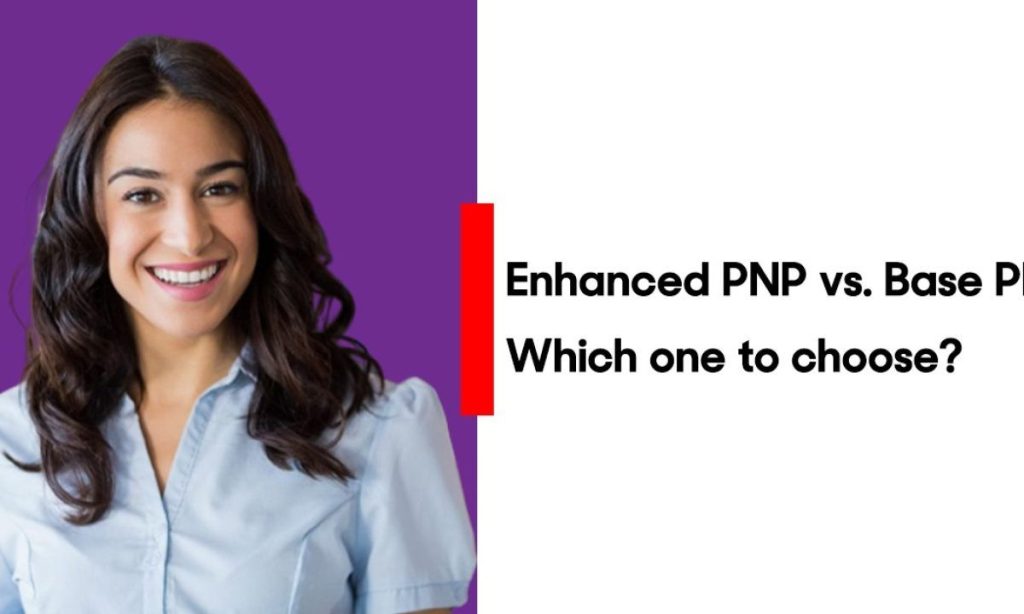The Provincial Nominee Program (PNP) is a Canadian immigration program that allows provinces and territories to nominate individuals who wish to immigrate to Canada and have the skills, education, and work experience to contribute to the economic development of a specific province or territory. The PNP has two categories of nominations: Enhanced and Base.
Enhanced Provincial Nominations for Canada:
The Enhanced Provincial Nomination (EPN) is a special category within the PNP that allows provinces and territories to nominate individuals who have a job offer in a high-demand occupation. The purpose of the EPN category is to help address the labor shortages in certain regions of the country by attracting and retaining workers in in-demand occupations. Individuals who are nominated under the EPN category are given priority processing by the federal government, which can significantly reduce processing times compared to other immigration programs.
To be eligible for the EPN category, an individual must have a job offer from a Canadian employer in a high-demand occupation, such as healthcare, technology, or construction.
The job offer must be for a full-time, permanent position and must be for a skilled occupation that is classified under National Occupational Classification (NOC) levels 0, A, or B. In addition, the individual must meet the minimum requirements for education, work experience, language proficiency, and other factors, as determined by the province or territory.
Which Provincial Nominee Programs (PNP) for Immigration to Canada is best and which is worst and why
Base Provincial Nominations:
The Base Provincial Nomination (BPN) is the standard category within the PNP and is open to a wider range of applicants than the EPN category. The BPN category allows provinces and territories to nominate individuals who have the skills, education, and work experience to contribute to the economic development of the specific province or territory. Unlike the EPN category, the BPN category does not require a job offer from a Canadian employer.
To be eligible for the BPN category, an individual must meet the minimum requirements for education, work experience, language proficiency, and other factors, as determined by the province or territory. In addition, the individual must demonstrate a strong connection to the specific province or territory, such as through family ties, previous work experience, or education.
Four Fastest and Easiest Ways to Immigrate to Canada
Difference between Enhanced and Base Provincial Nominations:
The main difference between the Enhanced and Base Provincial Nominations is the requirement for a job offer. The Enhanced Provincial Nomination requires a job offer from a Canadian employer in a high-demand occupation, while the Base Provincial Nomination does not require a job offer.
Another key difference is the processing times.
Individuals who are nominated under the Enhanced Provincial Nomination are given priority processing by the federal government, which can significantly reduce processing times compared to other immigration programs. On the other hand, individuals who are nominated under the Base Provincial Nomination may experience longer processing times.
Summing up, the Provincial Nominee Program (PNP) offers two categories of nominations: Enhanced and Base. The Enhanced Provincial Nomination is for individuals who have a job offer in a high-demand occupation and allows for priority processing, while the Base Provincial Nomination is for individuals who have the skills, education, and work experience to contribute to the economic development of a specific province or territory and does not require a job offer. Both categories offer individuals the opportunity to immigrate to Canada and become permanent residents, but it is important to understand the differences between the two categories in order to choose the best option for your specific situation.

